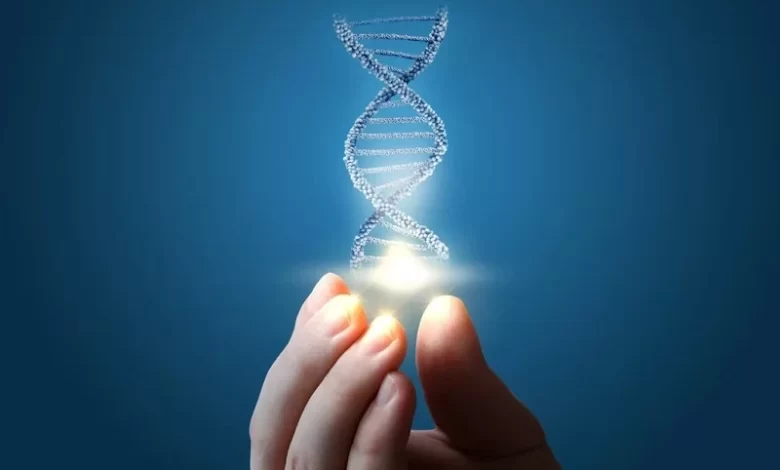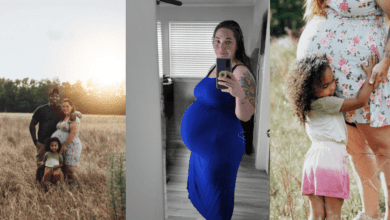Does A Surrogate Mother Share DNA With The Baby?

A very common question people have is whether the surrogate mother shares DNA with the baby in the case of gestational surrogacy.
The short answer to this question is – Nope!
In gestational surrogacy, the surrogate mother carries an embryo created from the eggs and sperm of the intended parents or donor. In this case, the surrogate mother is not genetically related to the baby and does not share DNA with the baby. A gestational surrogate is called a “birth mother” and the biological mother is still the woman who fertilized the egg. The reason for this is that the genetic material of the embryo comes entirely from the egg and the sperm used to create it.


The placenta allows the nutrients the baby needs to be passed from mother to baby. It also allows the waste that the child no longer needs to be returned to the mother. But the placenta does not allow blood or other cells from the mother or child to pass through. So once the embryo is implanted in the surrogate mother’s uterus, it develops and grows using nutrients from the mother’s body, but the genetic information remains the same.
There was also an opinion connected to a phenomenon called microchimerism, where small amounts of cells from one individual are present in the body of another individual. This can happen during pregnancy when some fetal cells cross the placenta and enter the mother’s bloodstream. However, these cells do not integrate with the mother’s tissues, and they do not affect the mother’s DNA or the DNA of any future children she may have.


There have been many studies proving that there is no genetic connection between the surrogate and the baby. A study published in the Journal of Assisted Reproduction and Genetics in 2015 looked at the genetic material of 16 children born through gestational surrogacy and another study published in the Journal of Clinical Endocrinology and Metabolism in 2016 looked of the genetic material of 36 children born through gestational surrogacy, in both cases no evidence of maternal DNA was found in any of the children, indicating that there was no transfer of genetic material from the surrogate mother to the child.





